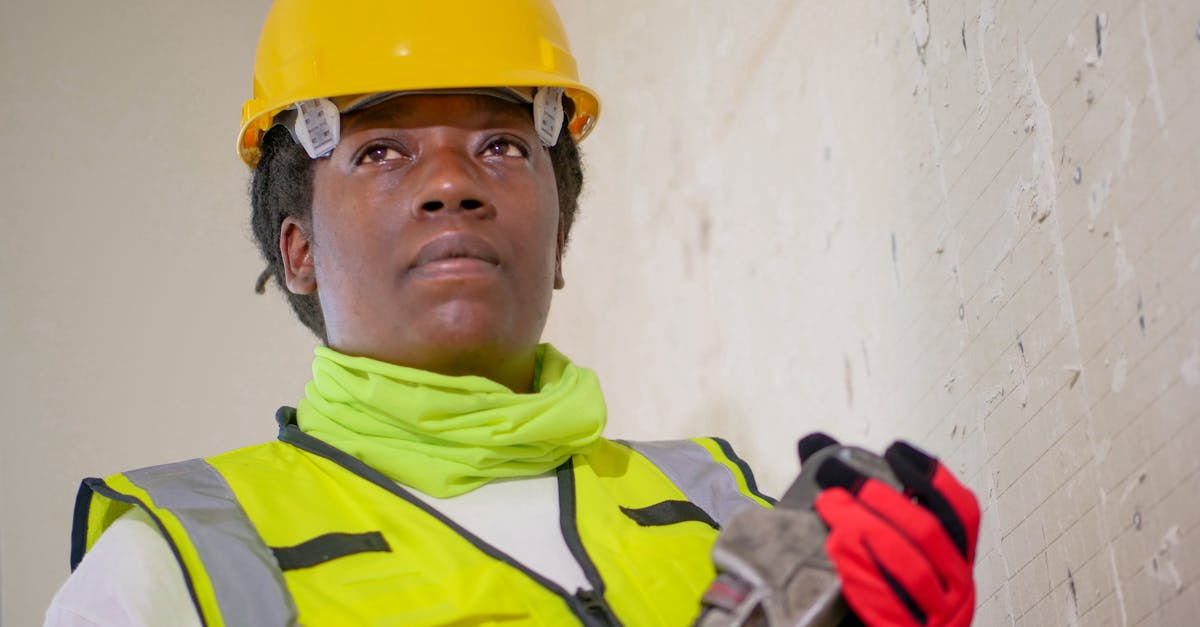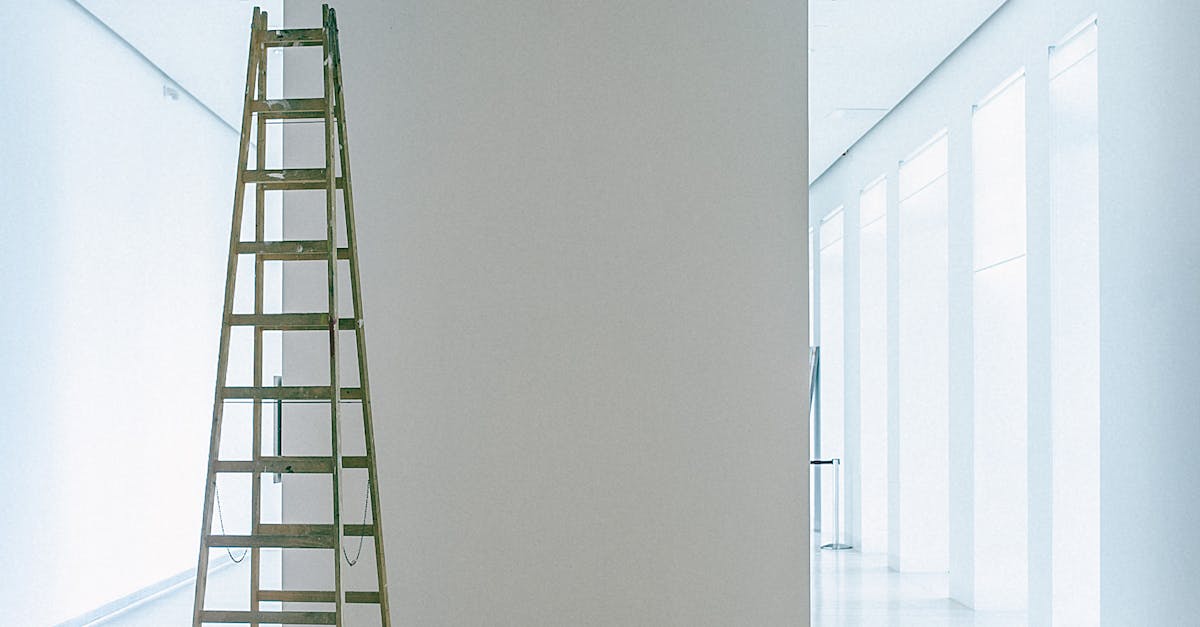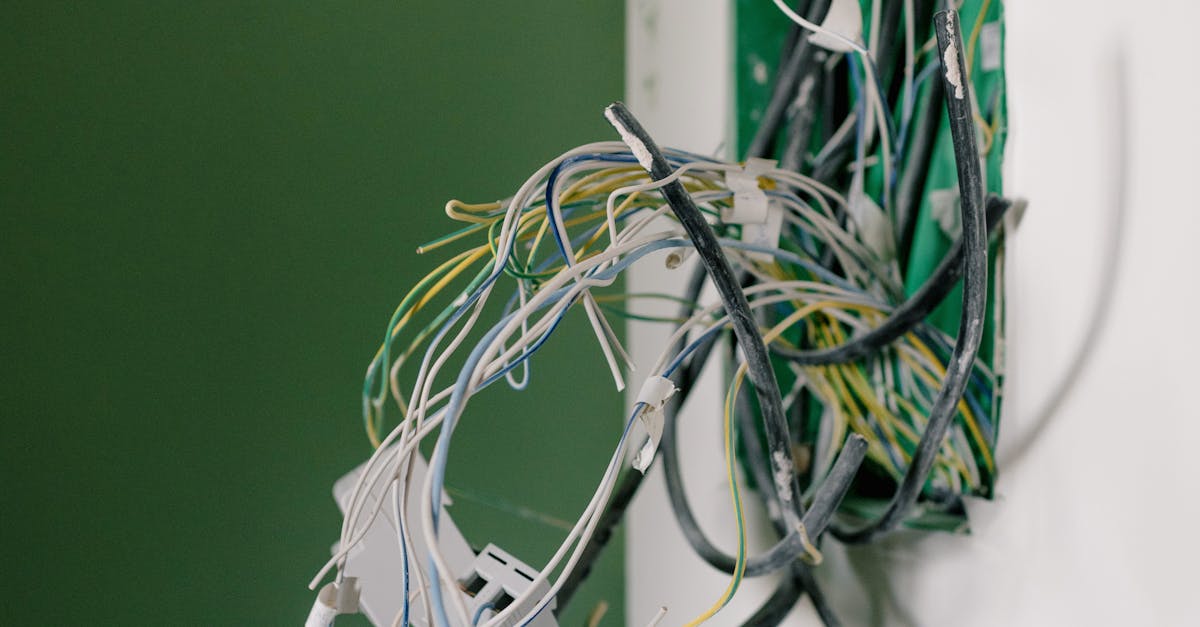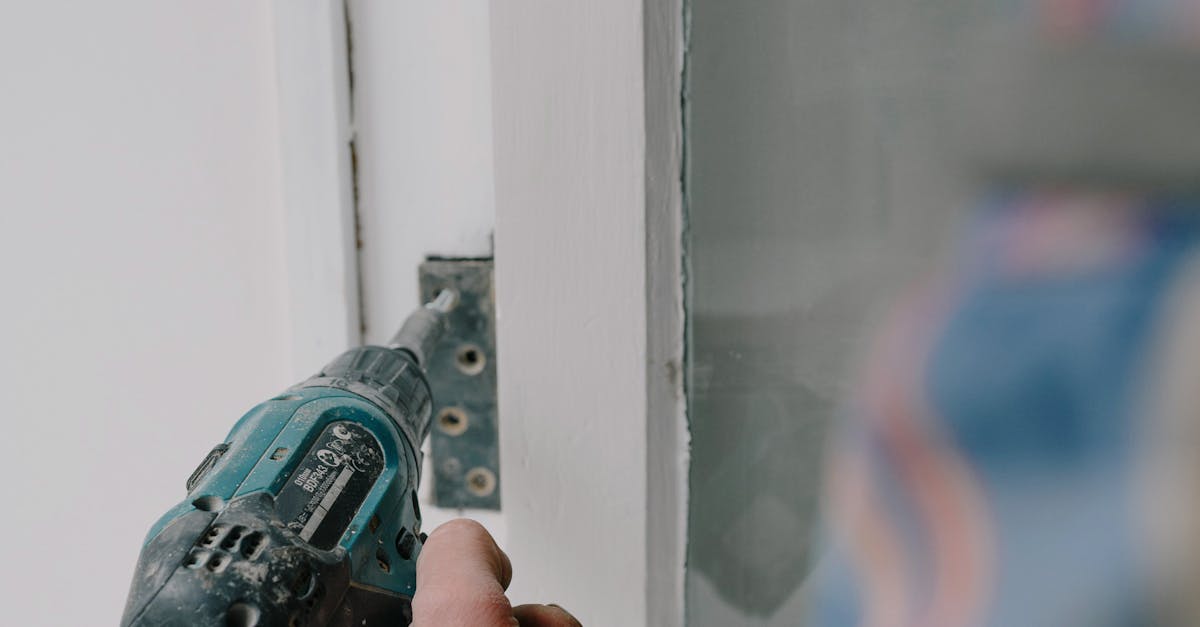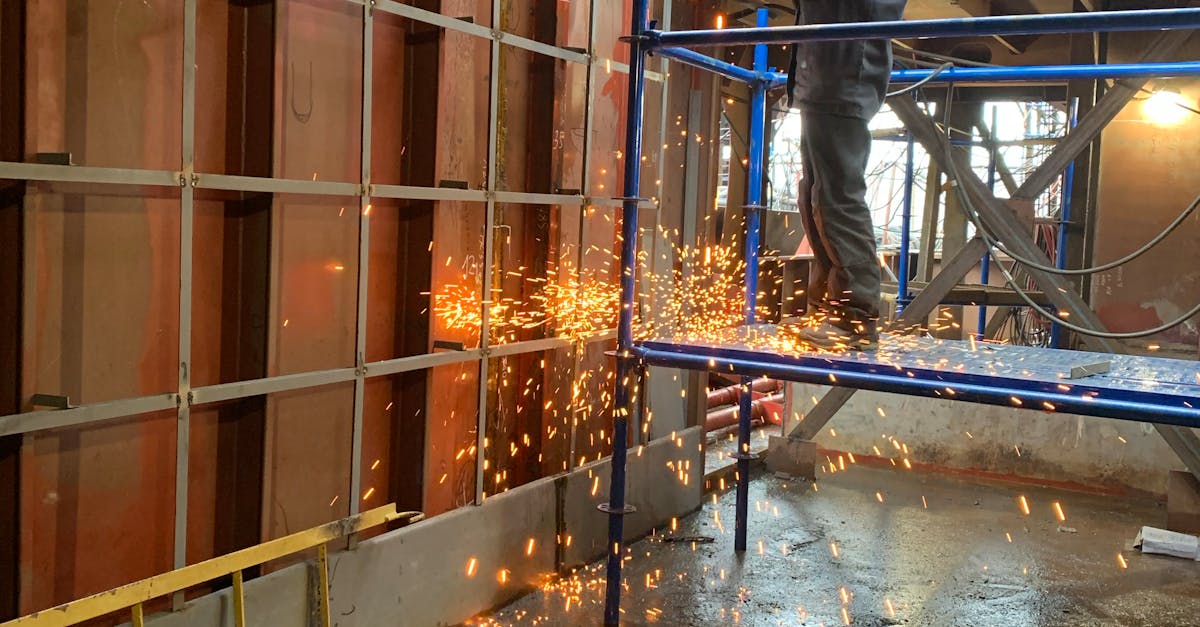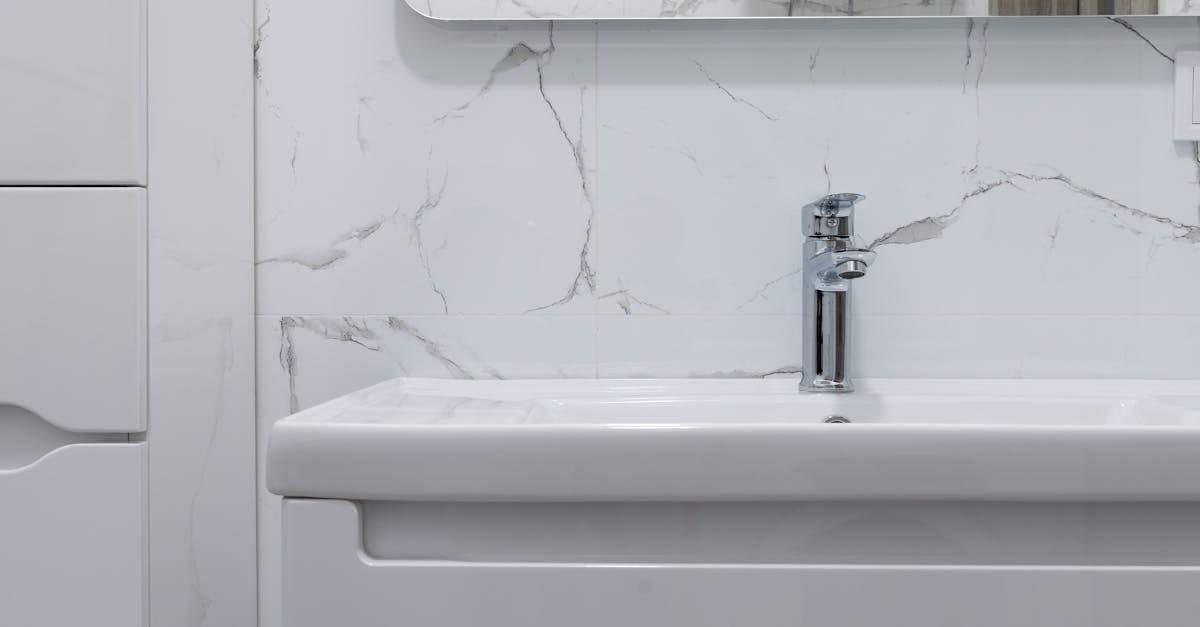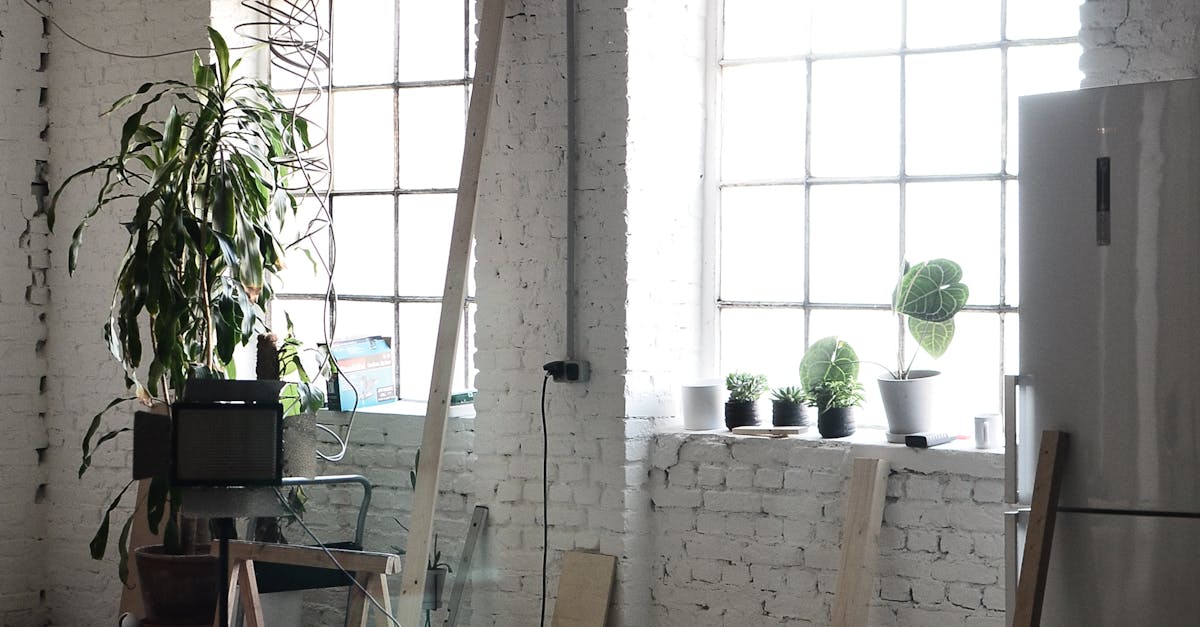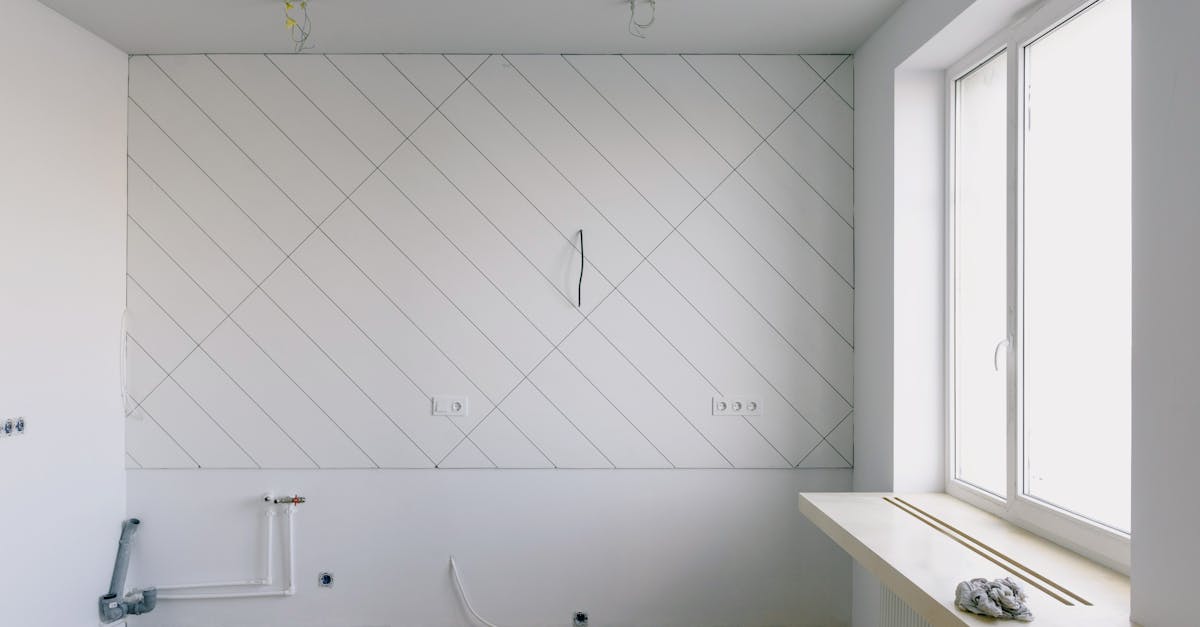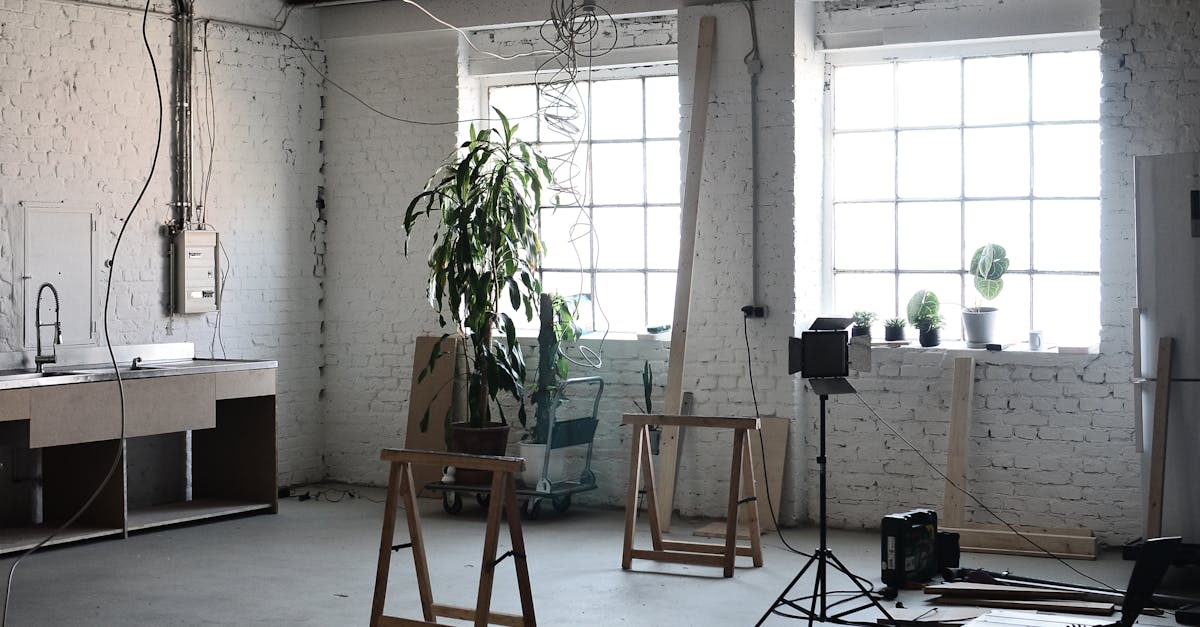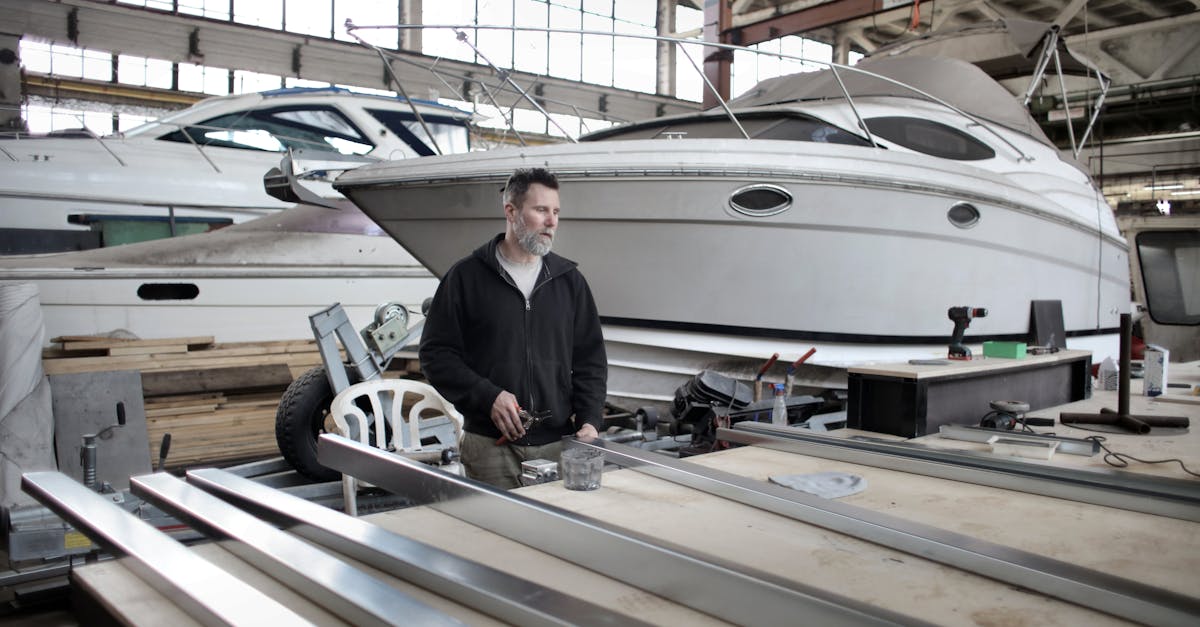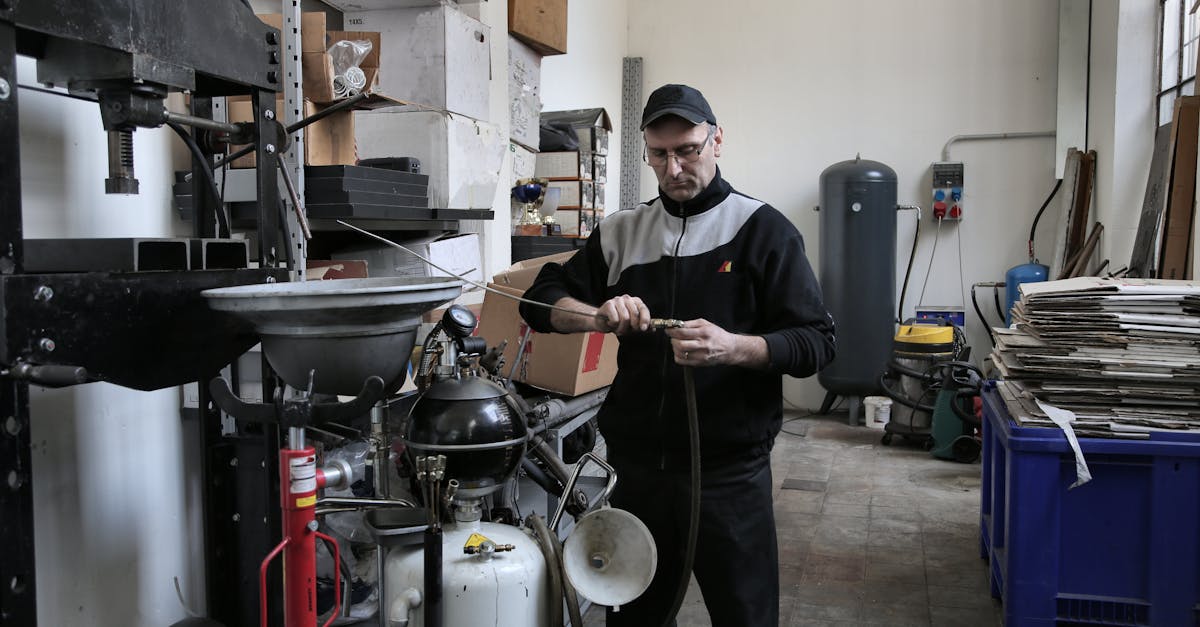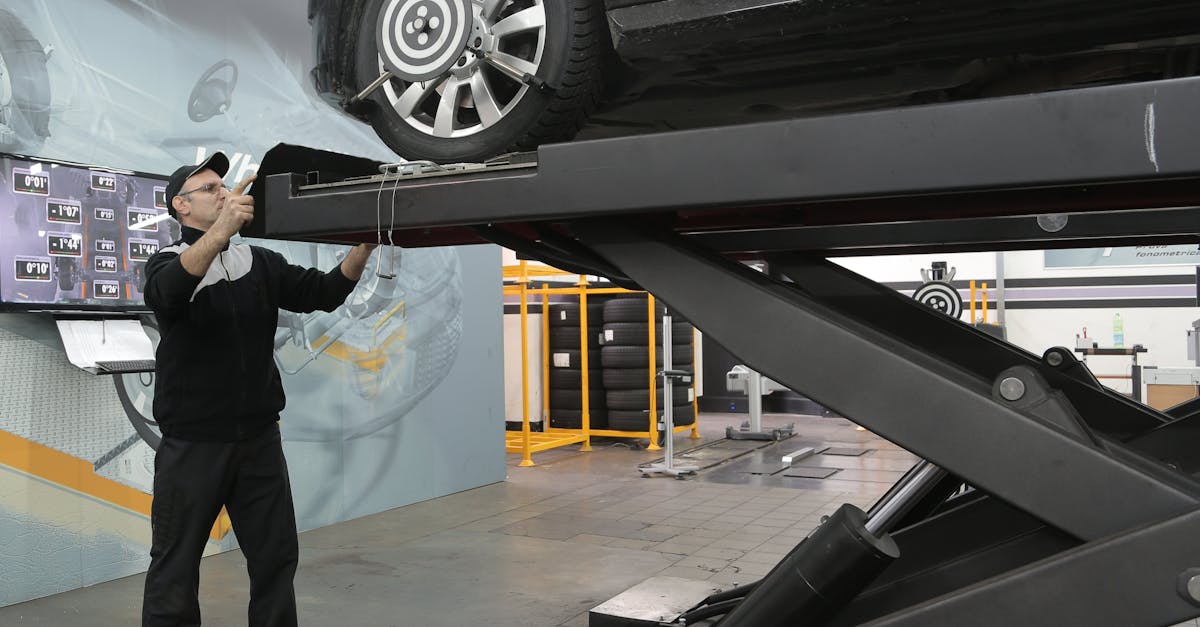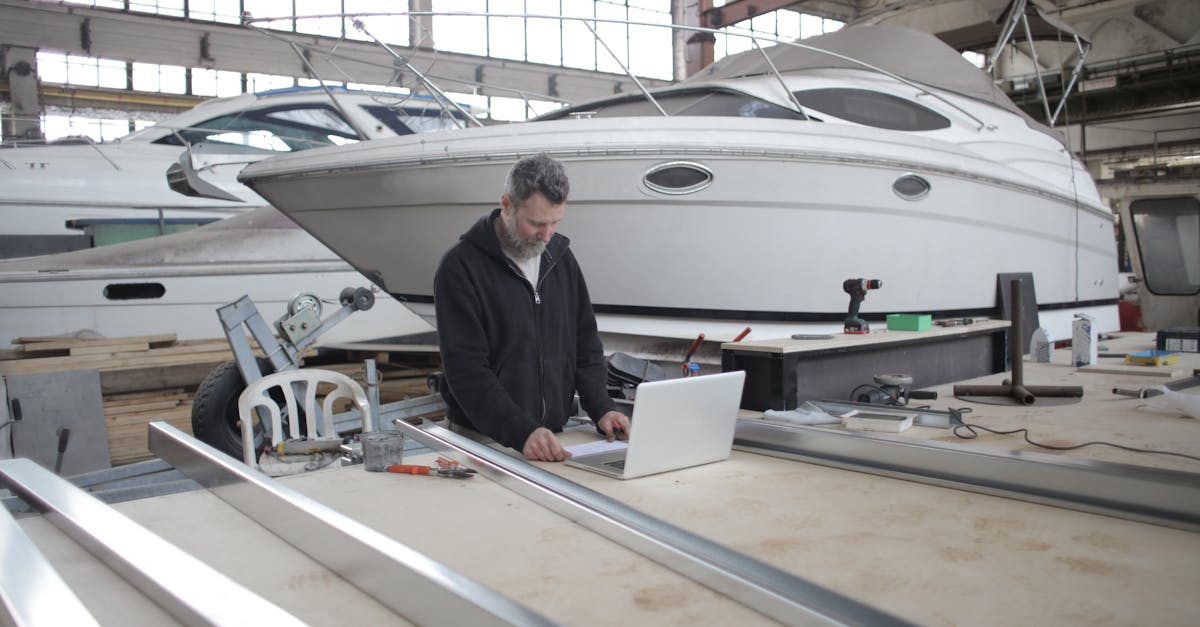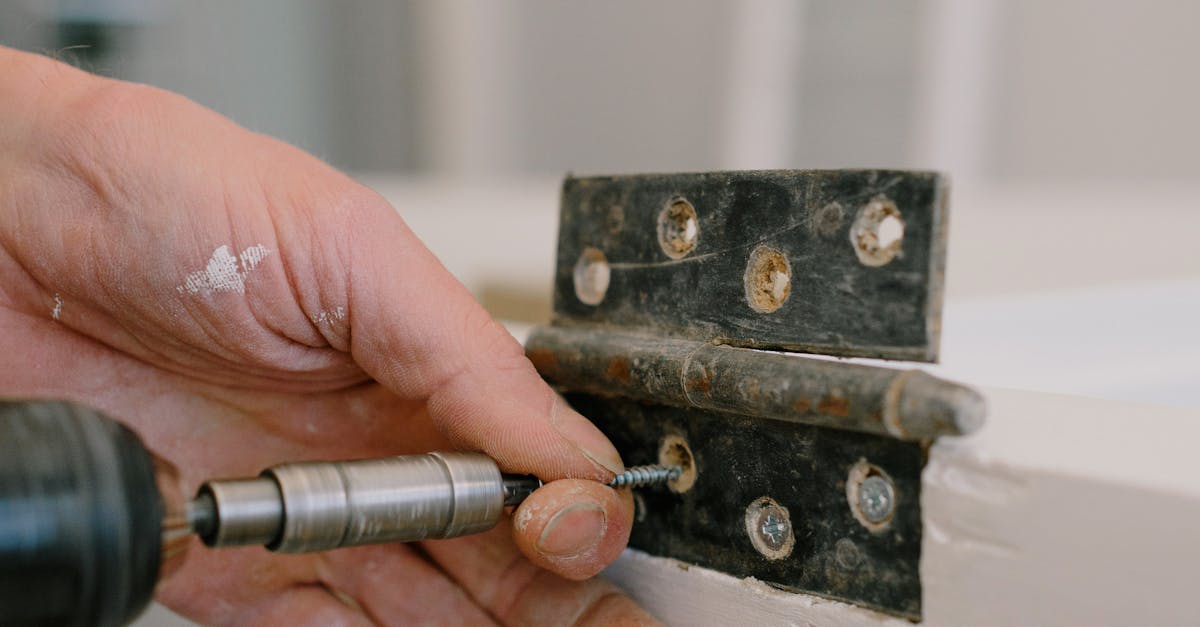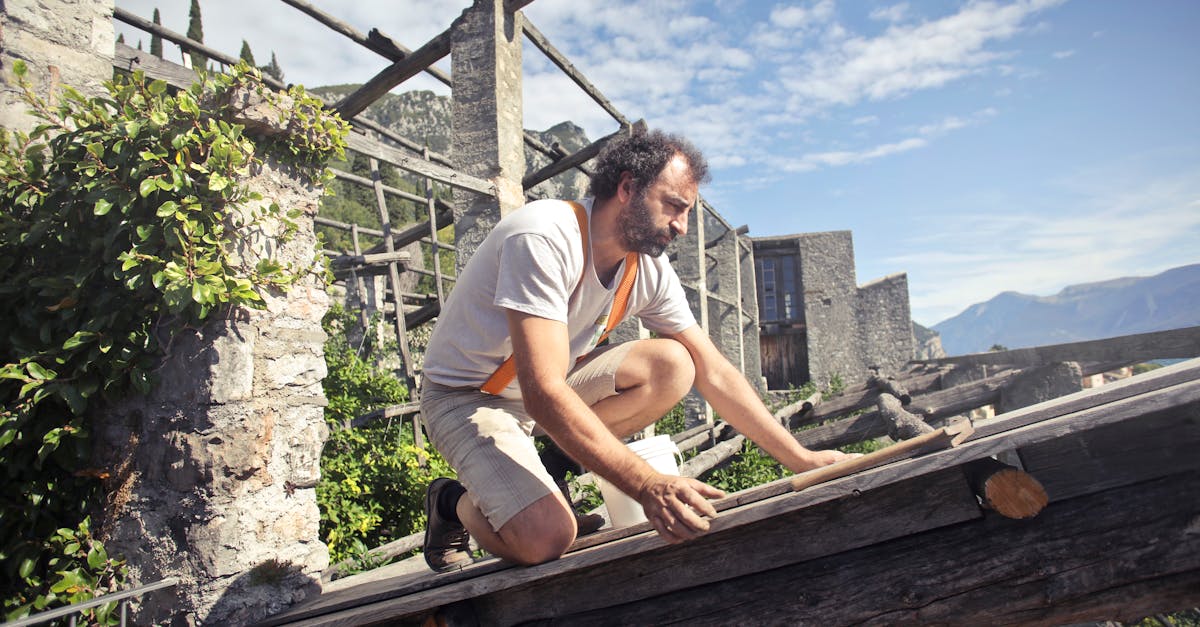
Table Of Contents
Leaks and Water Damage
Leaks and water damage are among the most significant indicators that a hot water system might need replacement. If you notice puddles around the base of your water heater or dampness on the walls nearby, these signs point to a potential leak. Regular inspection is essential to spot minor leaks before they escalate into major water damage. Ignoring these issues can lead to costly repairs, mould growth, or even structural damage to your home.
Visible water damage, such as water stains or peeling paint, often indicates ongoing issues that require immediate attention. If the system shows signs of corrosion or rust around its fittings or tank, replacing the unit could be necessary to prevent further complications. Engaging professionals for water heater installation and repair can help ensure that any replacements are conducted safely and efficiently, safeguarding your home against future water-related issues.
Identifying Signs of Leakage
Leaks from a hot water system can often be subtle, making them tricky to identify. Homeowners should regularly inspect the area around the unit for any signs of moisture or water pooling. Look for damp patches on floors or walls, which may indicate a persistent leak. Even a small drip can lead to significant water damage over time, compromising not just the system's efficiency but also the integrity of the surrounding structures.
In addition to visible moisture, it's important to check for unusual sounds coming from the unit. Hissing or bubbling noises may suggest a leak, particularly if they are accompanied by a drop in water pressure. Regular maintenance can help in early detection, as can professional services that specialise in water heater installation and repair. Keeping an eye out for these signs will help ensure that your hot water system remains in good working order.
Straining to Produce Hot Water
If your hot water system finds itself struggling to maintain consistent hot water supply, it could be an early warning sign of impending issues. You may notice that showers become lukewarm or that kitchen tap water fails to reach the desired temperature. These fluctuations often indicate that the system is working harder than intended, which can lead to increased wear and tear and higher energy bills. Regular maintenance and inspection can help identify the root cause before it escalates to a more serious problem.
Changes in hot water availability may stem from various factors, including sediment buildup, aging components, or even a malfunctioning thermostat. It's essential to troubleshoot the system as soon as you notice straining to produce hot water. In some cases, seeking professional assistance for water heater installation and repair may be the best course of action. An expert can help determine if a simple repair can restore functionality or if a complete system replacement is necessary for optimal performance.
Frequency of Hot Water Shortages
Experiencing frequent shortages of hot water can indicate that your system is struggling to meet demand. If your household regularly runs out of hot water during peak usage times, such as during morning showers or washing dishes, this may suggest that the unit's capacity is insufficient for your needs. It might also be a sign that sediment build-up is affecting its efficiency, leading to inadequate heating.
If these shortages persist, considering options for upgrading or replacing your water heater becomes essential. A new system can better accommodate the demands of your household, ensuring a consistent supply of hot water. When evaluating your current setup, consult with professionals for water heater installation and repair to understand the best solutions available for your specific situation.
Visible Corrosion or Rust
Visible corrosion or rust on your hot water system is a clear indication that the unit may be nearing its end. It typically develops when the protective coating on the metal surfaces wears away, exposing the steel underneath to moisture and resulting in deterioration. Regular inspections can help identify these signs early, but once corrosion starts to appear, it may be too late for simple repairs.
Ignoring rust issues not only compromises the efficiency of your water heater, but it can also lead to significant water damage in your home. It's crucial to keep an eye on any discolouration or flaking, especially around the connections and where the tank meets the plumbing. If you notice these issues, consider consulting a professional. Adequate water heater installation and repair are essential for preventing further damage and ensuring the longevity of your system.
Assessing the Condition of Your System
Regular inspections of your hot water system can reveal signs of wear and age that indicate a need for replacement. Look for visible rust or corrosion on the outside of the tank and around the fittings. An accumulation of sediment at the bottom can also signal that the efficiency of the heater is compromised. These issues can lead to more significant problems over time, such as leaks or complete system failure, which may require costly repairs or a total replacement.
In assessing the condition of your system, consider its age and service history. Most hot water systems have a lifespan of about 8 to 12 years, depending on the type and quality of the unit. If your system is approaching this age and exhibiting signs of strain, such as low water pressure or inconsistent heating, it may be wise to consult a professional. Water heater installation and repair services can provide valuable insights into whether your unit can be repaired or if it’s time to invest in a new heater.
FAQS
How can I tell if my hot water system has a leak?
Look for damp patches, water stains, or pooling water around the unit. If you notice any of these signs, it’s important to have your system inspected by a professional.
What should I do if my hot water system is struggling to produce hot water?
Check the temperature settings and ensure the thermostat is functioning properly. If you frequently experience hot water shortages, it may indicate that your system is nearing its end of life.
How often should I replace my hot water system?
On average, hot water systems last between 8 to 12 years. If your system is within this age range and showing signs of wear, it may be time to consider a replacement.
What does visible corrosion or rust on my hot water system mean?
Corrosion or rust is a sign that your system is deteriorating. This can lead to leaks and further damage, so it’s advisable to consult a professional to determine if replacement is necessary.
Can I repair my hot water system instead of replacing it?
In some cases, minor issues can be repaired. However, if your system is old or has multiple problems, replacement may be a more cost-effective and long-term solution. Always get a professional assessment to make an informed decision.
